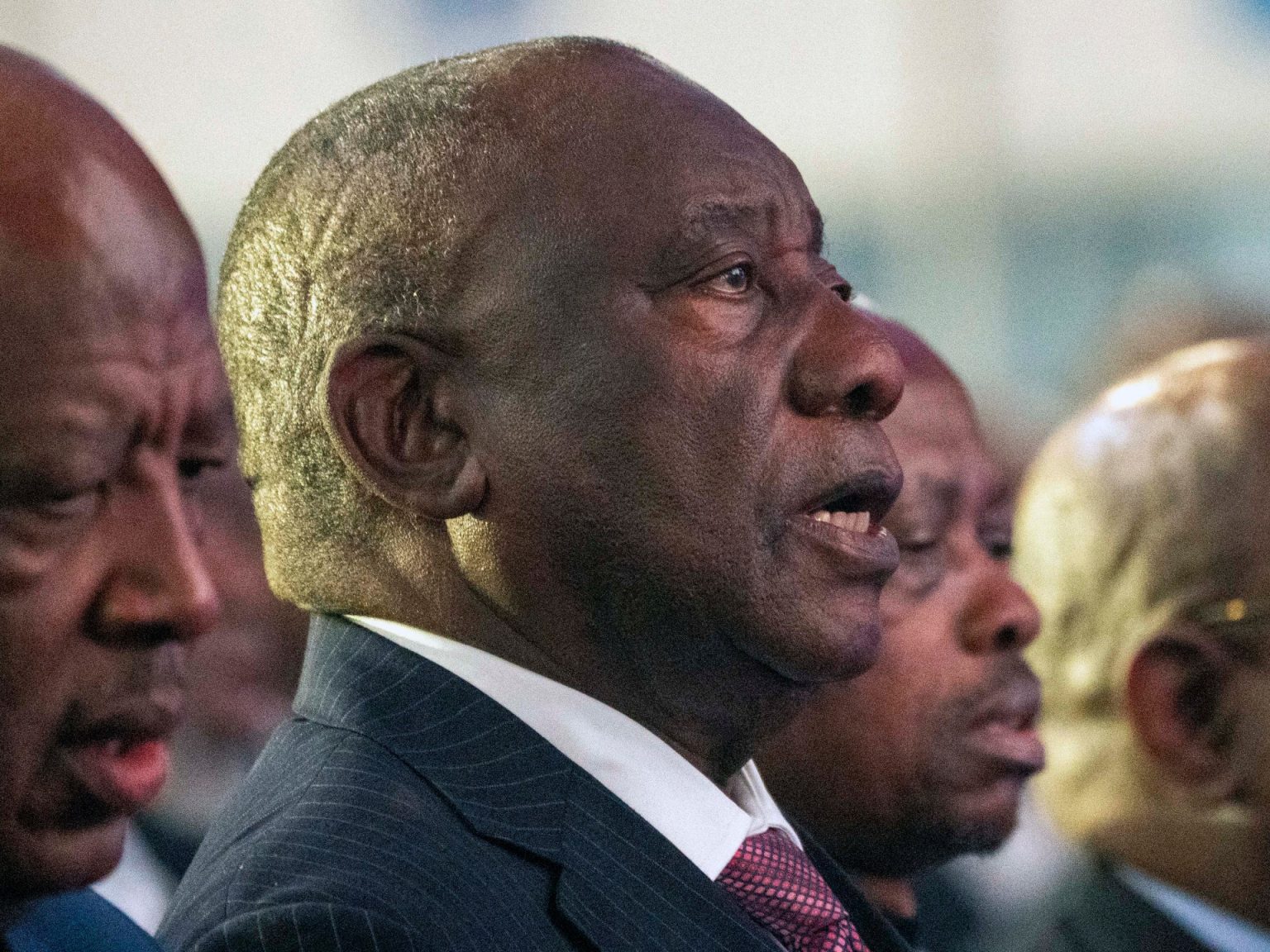After the recent elections in South Africa, the ruling African National Congress (ANC) has found itself in a position of vulnerability, with no single party gaining an outright majority. The ANC’s support has declined to just over 40 percent, marking a significant shift from the absolute majority it had held for the past three decades. In light of these results, the ANC has initiated negotiations with its political opponents to explore the possibility of forming a coalition government within the two-week deadline to elect a president.
The prospect of a coalition government, possibly with hints of a “government of national unity”, reminiscent of Nelson Mandela’s era, has been discussed. However, the success of such a coalition largely depends on clarity in goals that all parties can agree upon, particularly focusing on economic recovery and employment promotion, as well as combating institutional corruption and inefficiency. Without a common alignment around these objectives, the coalition might face challenges and risks of failure moving forward.
The ANC not only faced setbacks nationally but also lost the majority in three provinces it currently controls. Most notably, former President Jacob Zuma’s MK Party saw significant support in KwaZulu-Natal, becoming a key player in the post-election landscape. Amid uncertainty, the ANC has expressed its commitment to respecting the will of the people and working towards a stable and effective government. Exploratory talks with other political parties are underway to navigate the shifting political landscape post-election.
In the discussions around potential coalitions, the ANC is considering forming an alliance with the Democratic Alliance (DA), despite their historical opposition. Such an alliance might provide more stability compared to radical formations like the MK Party and Economic Freedom Fighters (EFF). However, reconciling the constituencies and viewpoints of the ANC and DA could be a challenging task, given their fundamental differences on various issues, including economic policy and foreign relations.
While the EFF has expressed openness to working with the ANC, concerns have been raised by business leaders and investors regarding the leftist positions of the EFF. The IFP, a significant party in South Africa, has also signaled interest in engaging with the ANC. Meanwhile, the MK Party, a rising force in the recent elections, has raised allegations of rigging and threatened violence, creating additional tensions and uncertainties in the post-election landscape.
As South Africa navigates the complexities of post-election coalition building, there is a call for unity and respect for the constitution and rule of law. Despite the political divisions exposed by the election results, President Cyril Ramaphosa has urged parties to set aside their differences and work towards the common good of the country. The outcome of the elections not only poses challenges for coalition negotiations but also prompts internal reflection within the ANC, as the party reassesses its strategies and positions in response to the changing political landscape.












